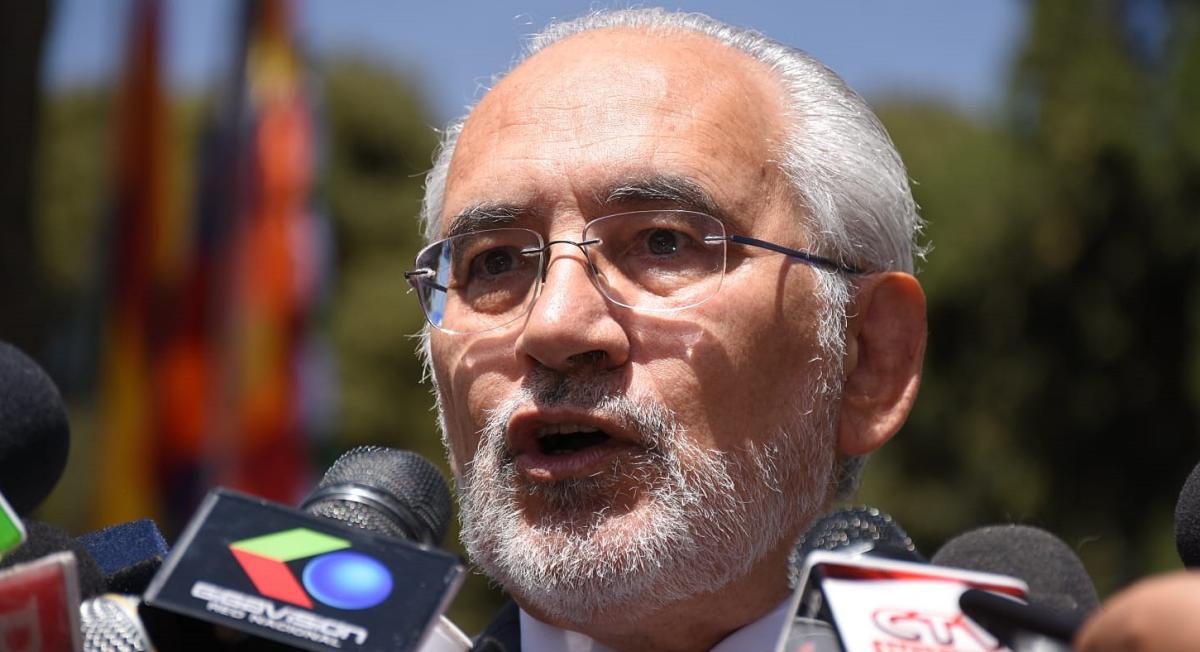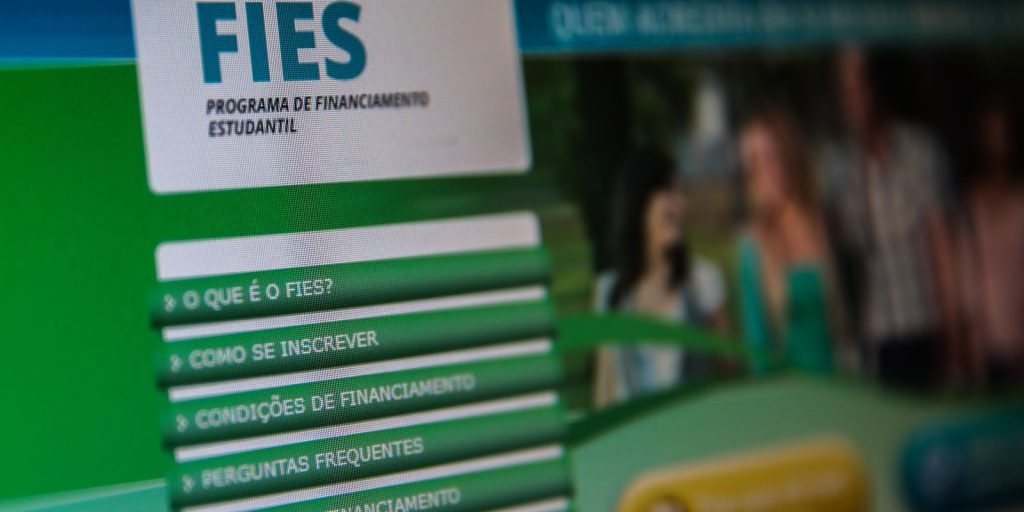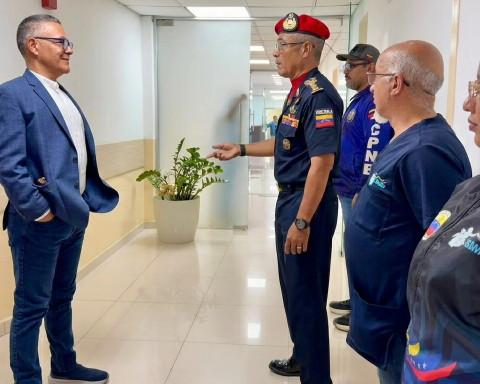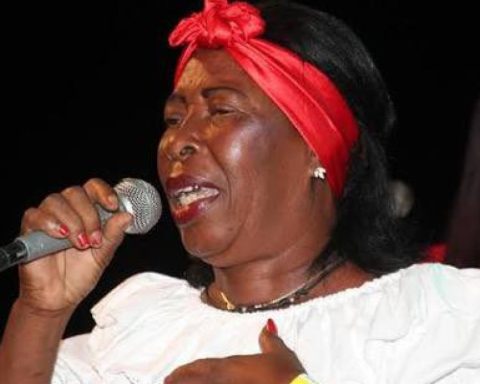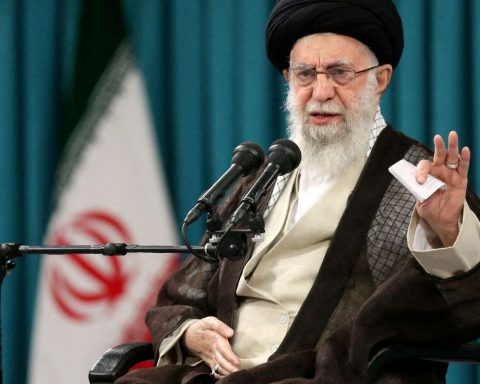The former president Carlos Mesa highlighted the commitment of the Supreme Electoral Court (TSE) to carry out an audit to the electoral roll, a measure that seeks to guarantee the transparency of the electoral process for the elections of August 17.
Table, as a spokesperson for the opposition block, highlighted three key points that will mark the development of the election: the rapid transmission of results, the early delivery of the electoral roll to the political parties and the audit to the register to guarantee their reliability. In addition, he emphasized that political parties have decided to renounce state financing for propaganda in order to prioritize resources for the implementation of the rapid counting system (TREP) and the vote abroad.
Regarding the financing of the electoral process, Mesa mentioned the need to approve a loan that is still pending in the Senate. However, he questioned the government’s position, noting that he has the constitutional obligation to guarantee the necessary funds without resorting to a new indebtedness.
Regarding the sanitation of the electoral roll, Mesa said that it will be carried out with the participation of political organizations, civil society and the TSE, with support of the Civic Registration Service (Serecí) and the General Personal Identification Service (Segip). The objective will be to compare information to detect possible inconsistencies and correct them before the electoral day.
Finally, Mesa highlighted the commitment assumed by President Luis Arce and Vice President David Choquehuanca, who signed the agreement to support the audit and sanitation measures of the electoral roll.
The role of the TSE in the register verification
He President of the TSE, Oscar Hassenteufel, He informed that conversations were completed with the Executive Committee of the Bolivian University for a technical team of public universities to verify the biometric electoral roll. The main objective will be to ensure that each citizen has a single biometric record, ensuring system reliability.
Hasenteufel invited representatives of political organizations to supervise verification work through their technical delegates. He stressed that the register has been subject to previous audits, including a comprehensive review carried out in 2017 by the Organization of American States (OAS), which certified its consistency in 98.9%.
The head of the TSE also questioned the criticism recurring to the register, arguing that the questions lack concrete evidence. He recalled that with the same Padrón the 2016 Constitutional Referendum was carried out, in which the re -election of Evo Morales was rejected, and emphasized that his reliability has been demonstrated in different electoral processes.
A few months after the elections, the sanitation and audit of the electoral roll continue to be a key point of the political debate, with the aim of strengthening the transparency and legitimacy of the electoral process in Bolivia.
